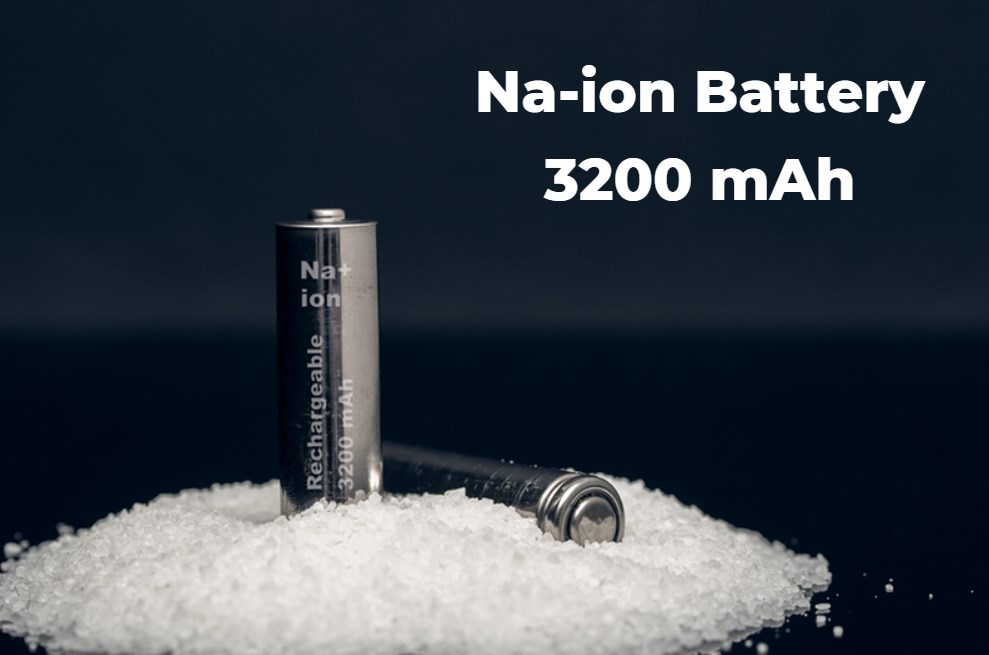Welcome to the electrifying world of sodium batteries! As we explore renewable energy sources and sustainable power storage, sodium batteries are emerging as a promising alternative to traditional lithium-ion technology. With their potential to reshape the energy landscape, let’s delve into the advantages, challenges, and future applications of sodium batteries.
Sodium batteries are a promising alternative to traditional lithium-ion batteries, offering cost-effectiveness, abundant raw materials, and improved safety. While sodium batteries face challenges in achieving comparable energy densities and developing stable electrolytes, ongoing research aims to optimize their performance. With advancements in sodium battery technology, they have the potential to become a game-changer in the energy storage industry, providing a more sustainable and cost-effective solution. As the world seeks cleaner and more efficient energy solutions, sodium batteries may play a crucial role in shaping our future.
Introduction to Sodium Batteries
Sodium batteries are gaining traction as researchers seek alternatives to lithium-ion batteries, which dominate the market. The limitations of lithium-ion batteries—resource scarcity, environmental impact, and safety concerns—have prompted a shift toward sodium-based solutions. Sodium, being more abundant and less expensive, presents a cost-effective option for energy storage.
Comparison with Traditional Lithium-Ion Batteries
When comparing sodium and lithium-ion batteries, both utilize chemical reactions for energy storage. However, their compositions differ significantly. Sodium batteries use sodium-based compounds, which contribute to several advantages:
- Cost-Effectiveness: Sodium is widely available, which can reduce production costs and enhance affordability for large-scale applications.
- Safety: Sodium batteries exhibit better thermal stability, reducing the risk of overheating and potential fires—a critical feature for applications in consumer electronics and electric vehicles.
- Performance in Extreme Conditions: They maintain efficiency in cold environments, making them suitable for diverse climates.
Despite these advantages, sodium batteries face challenges, particularly in achieving energy densities comparable to lithium-ion batteries. Ongoing research aims to enhance their performance and efficiency.
Advantages and Disadvantages of Sodium Batteries
Advantages
- Abundance: Sodium is more readily available than lithium, potentially lowering costs and reducing dependency on specific geographical regions.
- Safety: Lower risks of thermal runaway make sodium batteries a safer choice.
- Temperature Performance: They can perform better in extreme temperatures compared to lithium-ion alternatives.
Disadvantages
- Lower Energy Density: Currently, sodium batteries do not match the energy density levels of lithium-ion batteries, which affects their power output.
- Development Stage: Sodium battery technology is still evolving, requiring significant research to optimize performance for commercial viability.
Current Development and Research on Sodium Batteries
The field of sodium battery research is expanding rapidly. Key focus areas include:
- Material Innovation: Researchers are exploring new materials for electrodes and electrolytes to enhance conductivity and efficiency.
- Safety Improvements: Efforts are being made to ensure that sodium batteries remain safe under various operating conditions.
- Performance Enhancements: By refining battery designs and compositions, researchers aim to improve energy storage capabilities while maintaining safety advantages.
Collaborative efforts among academic institutions, government bodies, and private companies are crucial for driving advancements in sodium battery technology.
Potential Uses for Sodium Batteries
Sodium batteries hold immense potential across various sectors:
- Renewable Energy Storage: They can efficiently store energy generated from solar and wind sources, ensuring a stable power supply during fluctuations in generation.
- Electric Vehicles (EVs): Sodium batteries may soon offer competitive alternatives to lithium-ion batteries in the EV market, providing cost-effective energy solutions.
- Grid-Level Energy Storage: By stabilizing electricity grids and providing backup power during peak demand, sodium batteries could revolutionize energy management.
- Off-Grid Applications: Remote communities can benefit from sodium battery systems that offer clean, affordable electricity solutions.
Environmental Impact of Sodium Batteries
The environmental implications of sodium batteries are noteworthy. While all batteries have a lifecycle impact, sodium batteries can minimize negative effects through:
- Reduced Resource Intensity: The extraction and processing of sodium are generally less disruptive than lithium mining.
- Sustainable Materials: Innovations are focusing on developing environmentally friendly electrolytes.
- Recycling and Disposal: Proper disposal and recycling methods are essential to mitigate potential environmental harm.
Outlook for the Future of Sodium Batteries in the Energy Sector
The future of sodium batteries is promising. As advancements continue, their applications in grid-scale storage, transportation, and off-grid solutions are becoming more viable. Key trends shaping this future include:
- Integration with Renewable Sources: Sodium batteries are well-suited for renewable energy systems, facilitating effective energy management.
- Cost Advantages: Their lower production costs could lead to broader adoption across industries.
- Safety and Stability: Enhanced safety features make them ideal for various applications, from consumer electronics to industrial use.
Conclusion
Sodium batteries represent a viable alternative to lithium-ion technology. With their cost-effectiveness, abundant raw materials, and safety features, they have the potential to transform energy storage. Although challenges remain, ongoing research and development are paving the way for their commercial viability. As society seeks sustainable energy solutions, sodium batteries may play a crucial role in shaping a cleaner, greener future.




